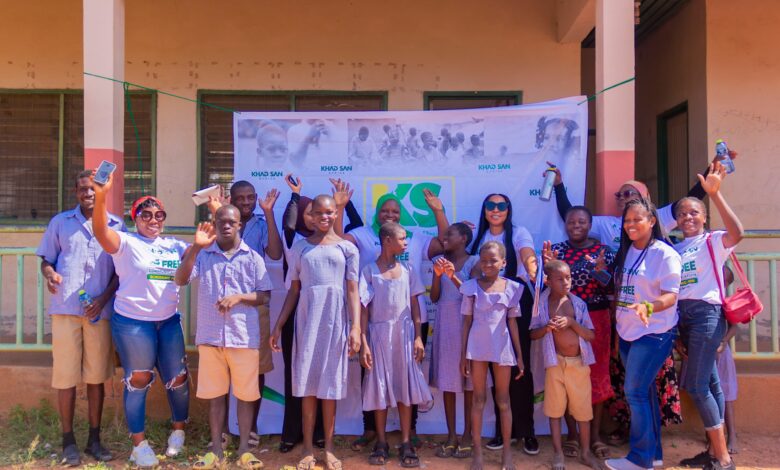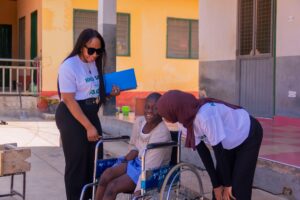
On April 2nd, the world comes together to observe World Autism Awareness Day, a day dedicated to increasing understanding and acceptance of autism spectrum disorder (ASD). In 2025, the theme “Advancing Neurodiversity and the UN Sustainable Development Goals (SDGs)” emphasizes the need to integrate neurodiversity into global sustainability efforts.
It highlights the intersection between inclusive policies and global progress, showcasing how recognizing and empowering autistic individuals can drive positive societal change and contribute to achieving the UN Sustainable Development Goals (SDGs).
Neurodiversity and the UN SDGs: A Shared Vision for Progress
Neurodiversity—the recognition that neurological differences such as autism, ADHD, and dyslexia are natural variations of the human brain—must be embraced in all sectors of society.
The SDGs, a blueprint for a better and more sustainable future, include objectives such as quality education (Goal 4), decent work and economic growth (Goal 8), reduced inequalities (Goal 10), and good health and well-being (Goal 3). Inclusive policies that support neurodivergent individuals align with these goals by fostering equal opportunities in education, employment, healthcare, and social participation.

By advocating for accommodations in workplaces, educational institutions, and healthcare settings, societies can create environments where autistic individuals can thrive.
This ensures that neurodivergent people are not only recipients of sustainable development efforts but also contributors to economic, social, and technological progress.
The Critical Role of Speech Therapists in Advancing Neurodiversity
One of the key professionals supporting autistic individuals is the speech and language therapist (SLT). Speech therapists play a crucial role in helping individuals with ASD develop essential communication skills, ranging from verbal speech to alternative and augmentative communication (AAC) methods. Their work directly aligns with the UN SDGs by:
- Ensuring inclusive and equitable education (Goal 4): Speech therapists provide tailored interventions that help autistic individuals communicate effectively, supporting their learning experiences in inclusive classrooms.
- Promoting good health and well-being (Goal 3): Effective communication reduces frustration, enhances social interactions, and improves the overall mental health of autistic individuals.
- Reducing inequalities (Goal 10): By offering individualized therapy and advocating for accessibility in various sectors, speech therapists contribute to breaking down barriers for neurodivergent individuals in society.
Building a More Inclusive Future
As the world embraces the principles of neurodiversity, it is essential to promote policies that ensure autistic individuals receive the support and accommodations they need to thrive.
This means investing in early intervention programs, increasing access to therapy services, and fostering a culture of acceptance in schools, workplaces, and communities.
World Autism Awareness Day 2025 serves as a reminder that a truly sustainable future is one that includes everyone. By advancing neurodiversity and aligning it with the SDGs, we take a step closer to a world where autistic individuals are not only accepted but empowered to reach their full potential.

Let us move forward with a commitment to inclusivity, ensuring that the voices of neurodivergent individuals are heard and valued in our collective journey toward sustainability and progress.
By Salima S Sangari,
Licensed Speech and Language Therapist.




